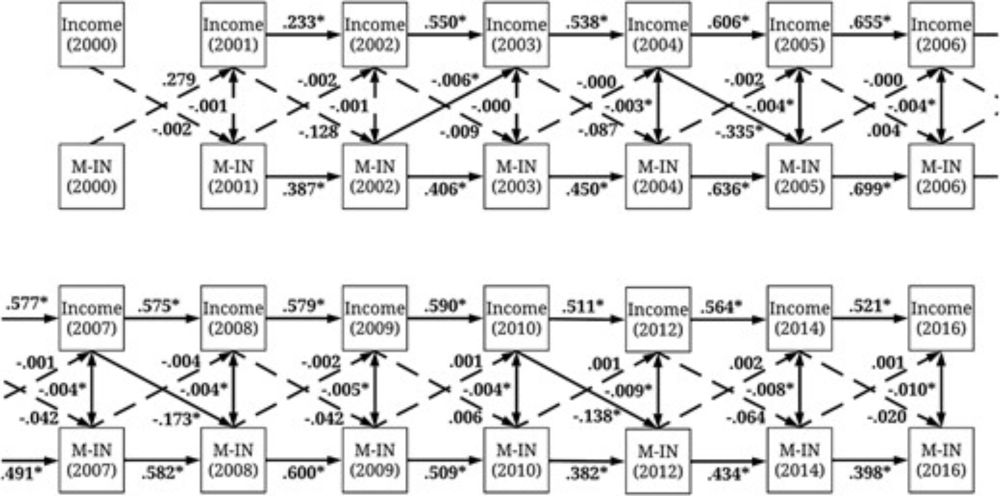
1) Incarceration differentially impacts income across racial groups, suggesting that involvement with the system might exacerbate income inequality in the United States (doi.org/10.1093/sf/s...).

1) Incarceration differentially impacts income across racial groups, suggesting that involvement with the system might exacerbate income inequality in the United States (doi.org/10.1093/sf/s...).
1) Time spent in pretrial detention appears to influence the likelihood and time until an individual becomes reinvolved with the system, as well as the likelihood of experiencing a failure to appear or conviction (doi.org/10.1016/j.jc... & doi.org/10.1111/1745...).
1) Time spent in pretrial detention appears to influence the likelihood and time until an individual becomes reinvolved with the system, as well as the likelihood of experiencing a failure to appear or conviction (doi.org/10.1016/j.jc... & doi.org/10.1111/1745...).


